
Some folks think the cowboy life was all about chasing cattle and chewing jerky. That’s like saying poker is just about cards. Truth is, there was a rhythm to ranch life—a set of unspoken moves that separated the greenhorns from the real deal. These weren’t your average morning routines or afternoon chores. They had flair and meaning. Stick around to know the habits that made cowboy culture legendary.
Cowboy Branding Rituals
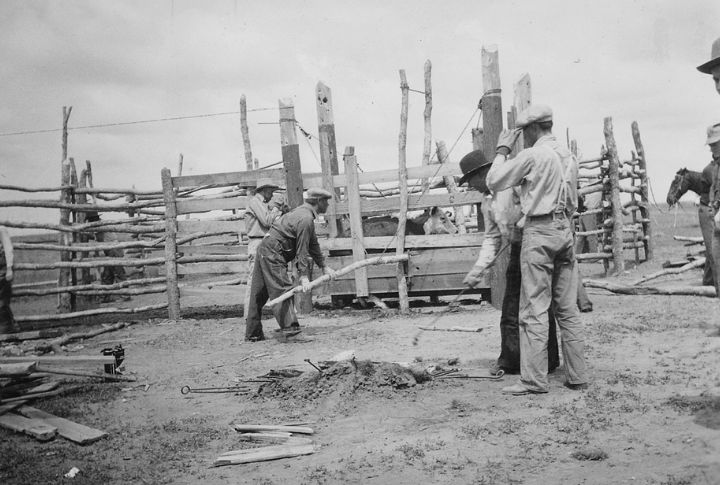
In the dusty sprawl of the Old West, cowboys turned branding into a ritual of identity and defense. A hot iron stamp wasn’t just a tool; it was a signature. Each brand marked cattle as property, deterring thieves who roamed the lawless plains.
The Roundup Tradition
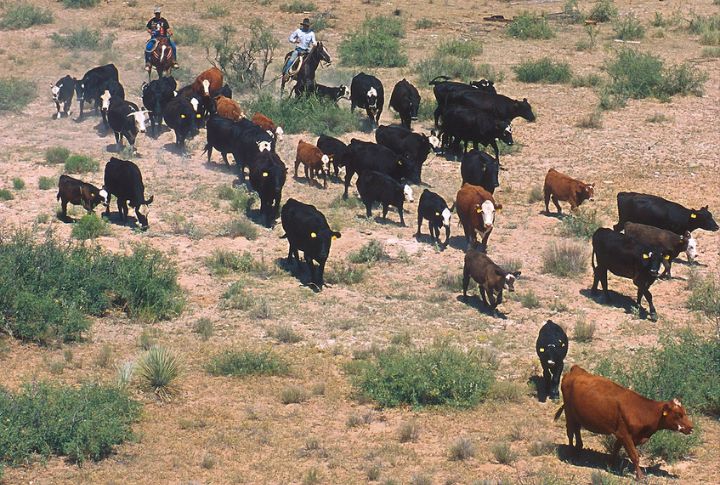
Roundups were the cowboys’ version of a big team project, with a lot more dust and danger. These intense gatherings brought people together to corral wandering cattle from vast open ranges. Armed with ropes and seasoned horses, teams worked tirelessly to move herds over miles of wild terrain.
Adding A Personal Touch To Hats
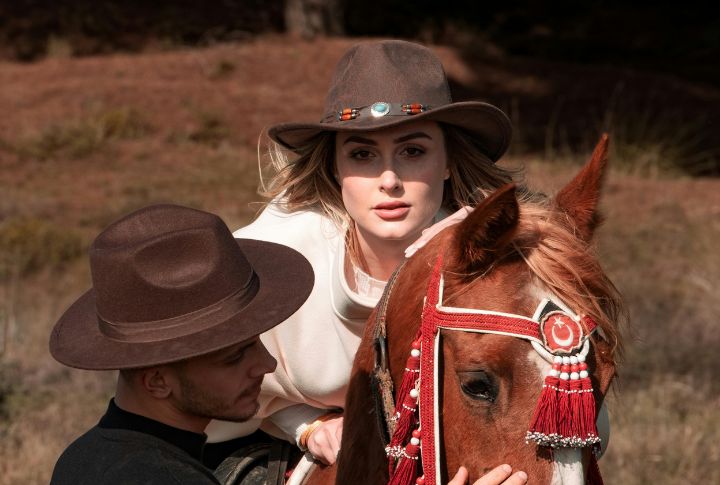
More than shade from the sun, the hat was a badge of identity. Each wide-brimmed topper shielded faces from biting winds and surprise rainstorms. But its purpose didn’t stop there. Cowboys personalized their hats by shaping the brims and tweaking the crowns to reflect who they were.
The Code Of Honor
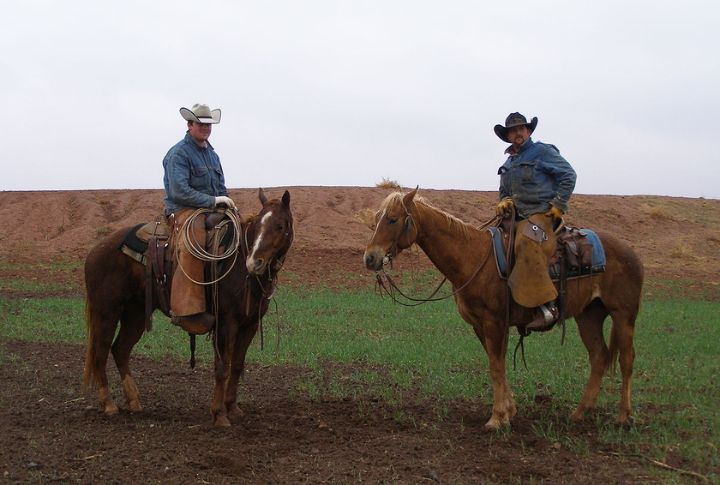
Cowboys followed an unwritten code built on respect and loyalty—a moral compass in the lawless frontier. Honesty mattered, especially on the trail, where lives depended on it. Break that code, and exile followed fast. In cowboy circles, reputation wasn’t just important—it was everything.
Morning Coffee Traditions
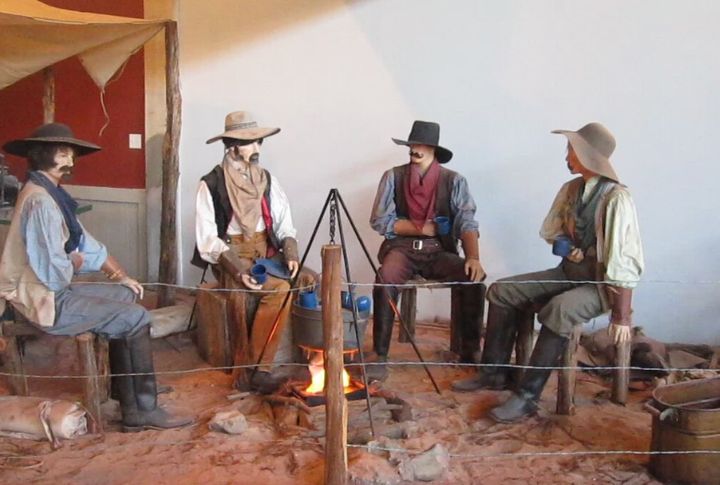
No day on the trail began without a cup of strong, smoky coffee brewed over a crackling campfire. For cowboys, that bitter brew was a ritual. The morning pot stirred conversation by gathering the crew and setting the tone for another demanding day.
Cowboy Campfire Songs
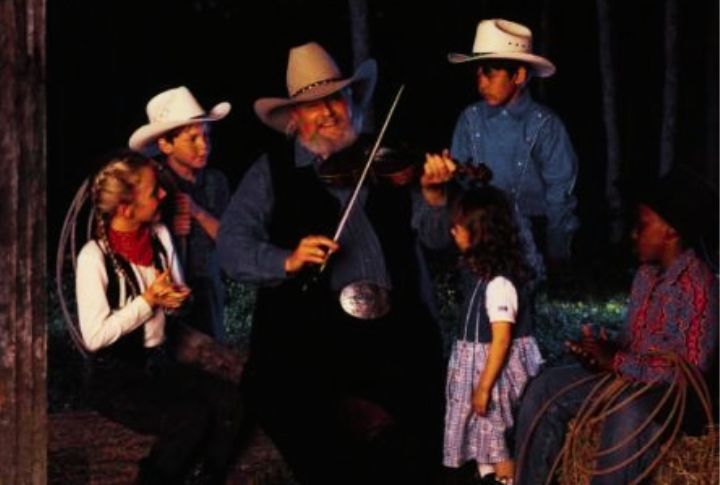
When the sun dipped below the prairie, and the cattle finally settled, cowboys turned to music. Campfire songs were their therapy. These heartfelt tunes gave voice to hope, humor, and homesickness. Sitting by the fire, harmonies rose like smoke, lifting spirits after long days on the trail.
The Rodeo Legacy
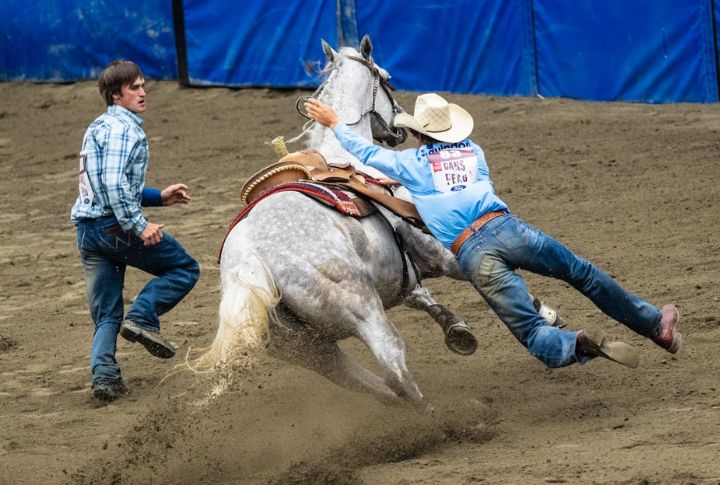
Before rodeos filled grandstands and spotlighted stars, they were friendly showdowns between cowhands. Cowboys tested their grit with bronco busting and steer wrestling, all pulled straight from everyday ranch work. What began as informal contests for bragging rights quickly became cultural events.
Trail Dust And The Cowboy’s Horse

To a cowboy, a horse was a lifeline. Through deserts and skirmishes, horses carried people in the Wild West farther than boots ever could. That bond ran deep; some horses were cherished like family. Cowboys learned to read their horses’ moods and signals better than a map.
The Ritual Of Cowboy Whiskey
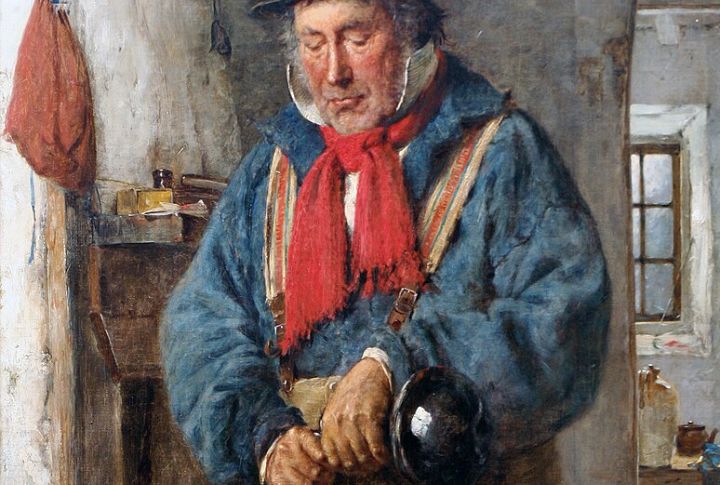
When a cattle drive wrapped up, cowhands reached for whiskey to celebrate hard work and strengthen their connection. A shared shot marked a job well done, easing sore muscles and sealing friendships forged on the trail. Whiskey wasn’t fancy or refined; it was their version of a high-five.
Western Saloon Meetups
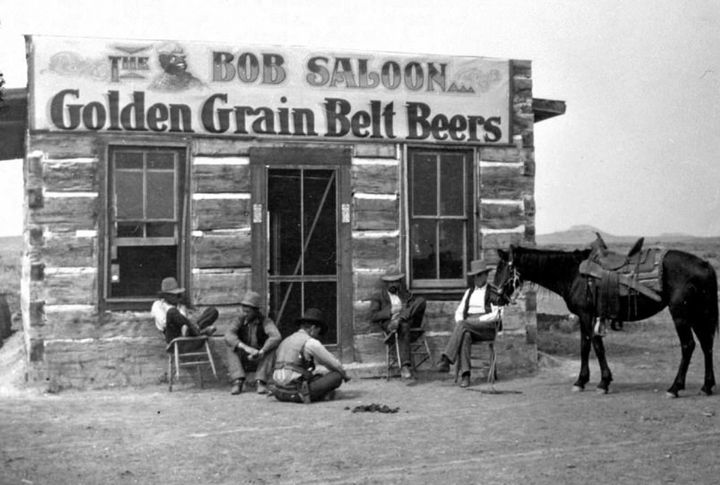
Saloons were more than watering holes; they were the town’s clubhouse. After hours in the saddle, these lively joints offered relief, poker games, and a place to swap stories or start a brawl. While some saloons veered into chaos and vice, they also provided a sense of community in the Wild West.

